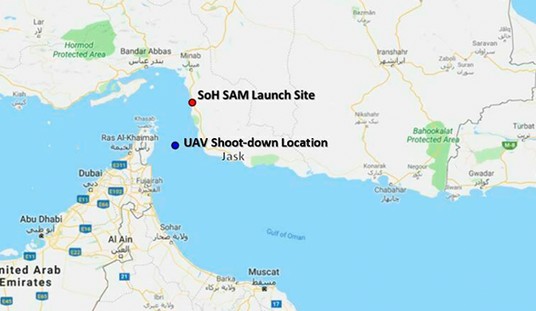Barack Obama is certainly committed to closing the detention facility at Guantanamo Bay, even if it’s still an unpopular idea with everyone else. With Congress repeatedly blocking Obama’s attempts at moving the detainees to US soil, the president instead has decided to keep releasing detainees and emptying as much of the facility as he can. The latest release of five prisoners includes a suspected bodyguard of Osama bin Laden, and comes less than 48 hours after the massive attack on Paris by ISIS:
Five men who have been held for more than 13 years at the U.S. base at Guantanamo Bay, Cuba, have been released and sent to the United Arab Emirates, the Pentagon said Sunday.
The five Yemeni men were accepted for resettlement in the Persian Gulf nation after U.S. authorities determined they no longer posed a threat, the Defense Department said in a statement. Their release brings the Guantanamo prison population to 107.
The released men, who arrived in the UAE on Saturday, were identified as Ali Ahmad Muhammad al-Razihi, Khalid Abd-al-Jabbar Muhammad Uthman al-Qadasi, Adil Said al-Hajj Ubayd al-Busays, Sulayman Awad Bin Uqayl al-Nahdi, and Fahmi Salem Said al-Asani. All were arrested fleeing the U.S. invasion of Afghanistan following the Sept. 11, 2001, terror attacks.
Most of the five men are described as low-level fighters in American military assessments. Al-Razihi, however, was suspected of being a possible bodyguard to al-Qaida leader Osama bin Laden.
In fact, al-Razihi is still described as a medium-level threat to the US and its allies:
The task force recommended continuing detention for al-Razihi, saying that he had been a bodyguard for Usama bin Laden and that he probably fought against the rebel Northern Alliance prior to the U.S. invasion. The task force also described al-Razihi as a “medium [security] risk [who] may pose a threat to the US, its interests, and allies.”
However, the task force’s recommendation in Razihi’s case was overruled by a parole-like review board that recommended him for transfer.
As Katie Pavlich notes, this move comes not just hours after the Paris attacks, but just days after Congress overwhelmingly passed a defense spending authorization that forbids any resources being used for closing Gitmo. Obama obviously intends this as a signal to Congress over his steadfastness in closing Gitmo. Given the proximity of the release to the attacks in Paris, it looks more like a signal of the Obama administration’s steadfast desire to disentangle itself from the fight against ISIS, a fight that the administration insists needs no changes to its current strategy of pinpricks and wheedling of others to fight instead.
The time to release prisoners in the war on terror is when it has been concluded. That depends in large part on the allies of these terrorists still in detention. We didn’t start the war, and it hasn’t ended; in fact, in the past two-plus years, the Obama administration sat on the sidelines while the threat escalated into a quasi-state, which has expanded into a failed state in Libya created by Obama and Hillary Clinton. We have no obligation to bolster the ranks of those enemies while the fight is escalating, and the signal it sends is one of dangerous weakness and short-sightedness.








Join the conversation as a VIP Member